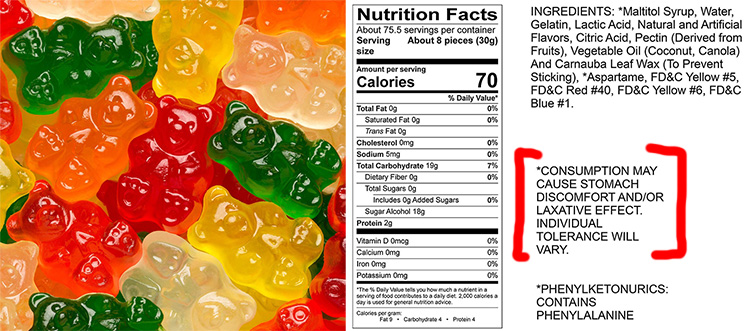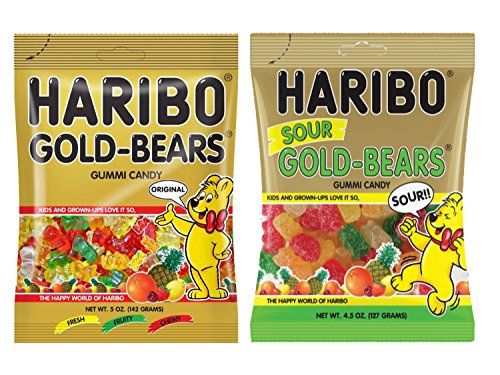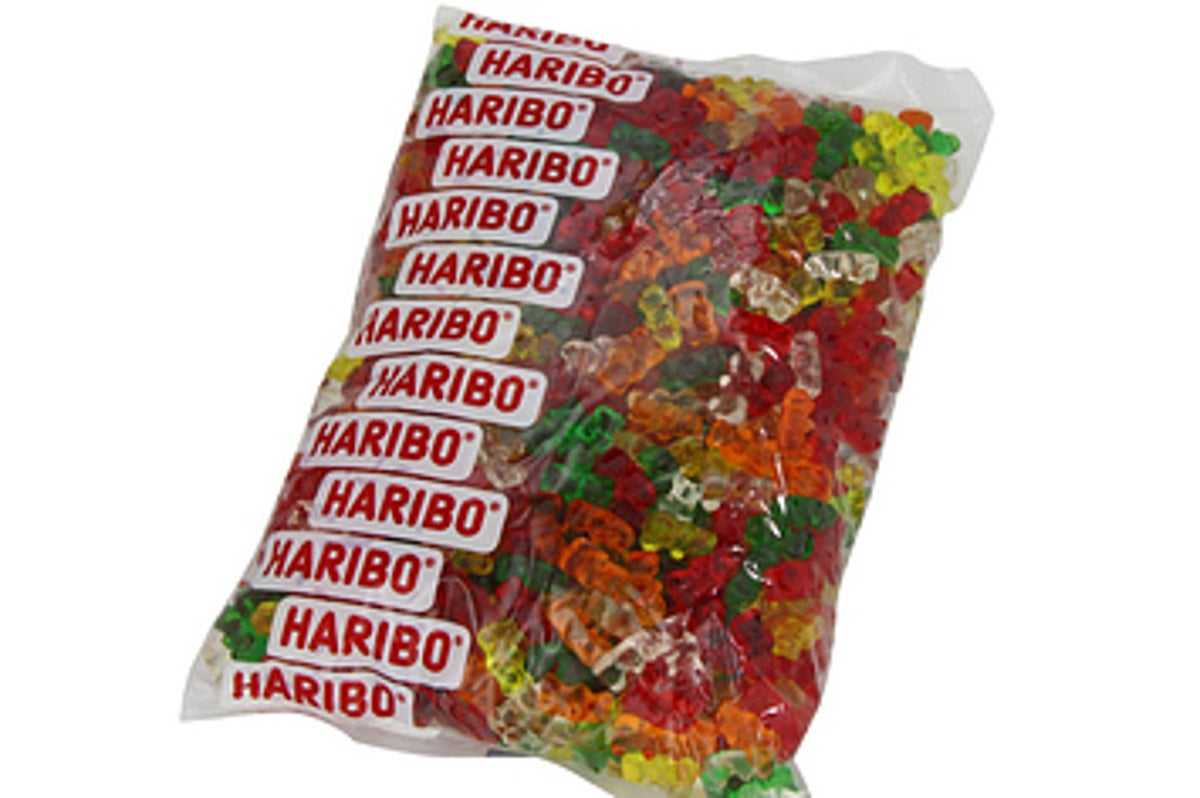The Haribo sugar-free gummy bears have carved out a notorious niche on Amazon, garnering attention not just for their taste, but for the comedic and often alarming experiences declared in customer reviews. Dubbed both a guilty pleasure and a source of gastrointestinal chaos, these gummy bears represent a juxtaposition of health-conscious snacking and unexpectedly harsh repercussions. In this article, we will explore the wild reviews, delve into expert opinions on sugar substitutes, and discuss the health implications of indulging in sugar-free treats.

amazon sugar free gummy bear reviews
The Gummy Bear Phenomenon: Sweet Treat or Sour Experience?
When we think of gummy bears, images of sweet, chewy treats come to mind. However, the sugar-free version has received a barrage of reviews that paint a much different picture. Described in some reviews as a “gift for someone you hate,” the reaction to these gummies is less about enjoyment and more about horrific consequences. As one reviewer humorously stated, they had never felt “such simultaneous relief and anguish” after indulging in these candies. This sentiment has resonated with many others, making the product a viral sensation.

amazon sugar free gummy bear reviews
The Taste Test: A Double-Edged Sword
First, let’s address the taste of the sugar-free gummy bears. Many reviews highlight the astonishing flavor profile that closely resembles the regular version—soft, fruity, and delightfully chewy. A common theme among the more positive reviews is that the gummies indeed taste fantastic at first. But the euphoric taste experience quickly transitions into disbelief as the consequences of consuming sugar alcohols set in. Brought to light by renowned nutritionist Dr. Christine Rosen, “The sweetener sorbitol, found in these gummies, can cause gastrointestinal distress due to its laxative effect, especially when consumed in excess.”

amazon sugar free gummy bear reviews
Explosive Reactions: The Real Scoop
While the initial taste may be satisfactory, the fallout—both literal and metaphorical—has become the hallmark of these sugar-free snacks. Reports of gastric explosions and severe abdominal distress floods the review section like a chaotic wave. ‘St. Diarrhea’s Day Massacre’ and ‘See you in hell, Haribo Sugar-Free Gummi Bears’ are just a couple of the eye-catching titles of reviews that outline horrifyingly comedic experiences after consumption. The reality is that the sugar substitute sorbitol creates a benign-sounding but impactful experience that warrants caution.
Health Perspectives: Sugars and Substitutes
In a world increasingly focused on health and wellness, sugar substitutes are becoming popular alternatives for many seeking to cut down on calories and sugar intake. However, the reality is that not all sugar substitutes are created equal. Dr. Lisa Miller, a registered dietitian, emphasizes, “While sugar substitutes can help reduce calorie intake, it’s critical to understand how they work in the body. Some can trigger adverse digestive reactions that far outweigh their benefits.”
Customer Loyalty & Brand Image: A Paradoxical Love
The ongoing love-hate relationship between consumers and sugar-free gummy bears presents a paradox. These reviews have led to a kitchen table discussion about the negative experiences; however, they build an almost cult-like following and serve as powerful marketing for the brand. One recent humorous review expressed, “If you want to get a laugh, just read the reviews; if you want a snack, you might think twice.” This intermingling of humor and horror illustrates how polarizing the product can be, further solidifying its place in e-commerce lore.
A Lesson in Consumer Awareness
This brings us to a vital discussion point: consumer awareness. As shoppers, we must understand not only what we consume but the potential impact of food science and ingredients on our health. This is especially pertinent when it comes to products marketed as ‘sugar-free.’ Nutrition expert Dr. Henry Tu noted, “Gaining knowledge about what’s in your food is essential to maintaining a healthy lifestyle. Just because a product is labeled as sugar-free does not mean it is an ideal substitute.”
Final Thoughts: Health, Humor, and the Balance We Seek
As we wrap up this exploration of the world of sugar-free gummy bears, we must remember that the path to health and enjoyment lies in balance. These gummies, while they possess all the allure of a fun treat, also serve as a reminder to approach sugar substitutes with caution and awareness. Engaging with our food choices can lead us not only to healthier lives but also to moments of laughter—with a dash of discomfort—along the way.
Frequently Asked Questions (FAQ)
Q1: Are sugar-free gummy bears safe to eat?
A1: While they are generally safe for most people, consuming large amounts may lead to gastrointestinal distress due to the sugar alcohols they contain. Moderation is key.
Q2: What are the health benefits of sugar-free snacks?
A2: They can help reduce total caloric intake and lower sugar consumption, which can be beneficial for weight management and for individuals with diabetes.
Q3: Can sugar substitutes affect digestion?
A3: Yes, some sugar substitutes, like sorbitol, can have a laxative effect, leading to discomfort if consumed in excess. It’s important to be aware of personal tolerance levels.
Q4: How can I choose healthier snacks?
A4: Reading ingredient labels, understanding nutritional information, and preferring whole foods can help you make healthier choices while snacking.
Q5: Are there any healthier alternatives to gummy bears?
A5: Yes, consider options made with natural sweeteners, such as fruit snacks or homemade candies, to better control ingredients and sugar content.